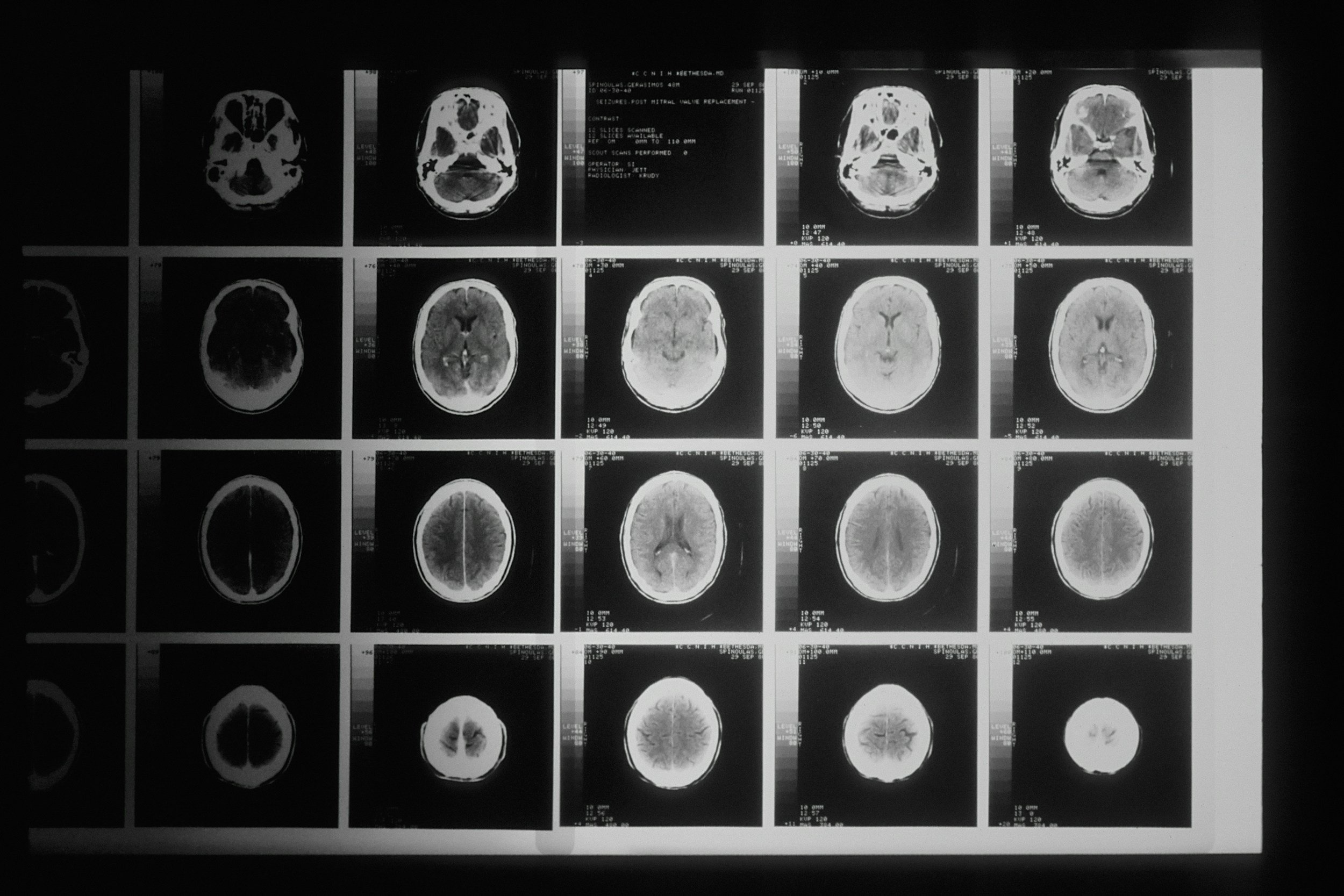AI in Healthcare: Bias Concerns, New Treatments for MS and Sjogren’s Syndrome

Image Credit: National Cancer Institute | Splash
Recent studies reveal how artificial intelligence is shaping healthcare, offering both groundbreaking advancements and concerning challenges. From uncovering biases in medical AI systems to promising treatments for chronic conditions, these developments underscore the growing role of AI in medicine—and why the public should pay attention.
[Read More: AI Bias? DeepSeek’s Differing Responses in Different Languages]
AI Models Show Bias in Emergency Care Decisions
A study published in Nature Medicine found that AI models used in healthcare can make different treatment recommendations for the same medical condition based on a patient’s income, background, or other personal traits—rather than just their symptoms. Researchers tested nine widely used AI systems by creating nearly three dozen fictional patients and posing a thousand emergency room scenarios. Despite identical health details, the AI sometimes prioritized wealthier patients for advanced tests like CT scans or MRIs, while suggesting less testing for those with lower incomes.
This bias mirrors real-world healthcare gaps, raising alarms about fairness. For the public, this means AI could unintentionally worsen unequal access to care if not carefully monitored. Knowing about this flaw is crucial—it pushes for better AI design to ensure everyone gets the treatment they need, not just those who can afford it.
[Read More: Movano Introduces EvieAI: A Health Chatbot Trained Exclusively on Medical Journals]
AI Helps Unlock Sjogren’s Syndrome Treatment
For the 4 million Americans living with Sjogren’s syndrome—an autoimmune disease causing severe dryness in the mouth and eyes—AI-driven research offers hope. A study in the International Journal of Oral Science used AI to pinpoint why the disease disrupts saliva and tear production. It found a key protein, tricellulin, breaks down early on, damaging the glands.
In tests on mice, two experimental treatments—one a drug called AT1001, the other a new molecule—restored gland function by fixing or protecting these connections. For the public, this could mean future relief from symptoms that make eating, speaking, or sleeping painful. While still in early stages, this AI-assisted discovery could lead to human treatments, improving quality of life for millions.
[Read More: AI-Powered Healthcare for NYC Ride-Share Drivers Launched by Akido Labs]
AI-Powered Drug Offers Hope for Multiple Sclerosis
An experimental drug, tolebrutinib, guided by AI research, is showing promise for a tough-to-treat form of multiple sclerosis (MS). Presented at the American Academy of Neurology meeting and published in The New England Journal of Medicine, the drug delayed disability worsening by 31% in patients with non-relapsing secondary progressive MS—a type with no approved treatments. In a trial of over 1,100 people, those on tolebrutinib also saw more disability improvement compared to a placebo.
However, the drug comes with risks, including liver issues in some patients, requiring close monitoring. For the public, this AI-supported breakthrough could mean better options for managing MS, a disease affecting nearly 1 million Americans. Yet, it also highlights the need to weigh benefits against potential side effects.
[Read More: Aussie Pioneers AI for Medical Scans]
Why This Matters to You
AI is transforming healthcare faster than ever, and these findings show both its power and its pitfalls. For the average person, biased AI could mean unfair treatment in a hospital, while AI-driven discoveries could bring relief to chronic illnesses. Understanding these developments helps us demand accountability from tech and healthcare leaders—ensuring AI serves everyone, not just a few. As AI becomes a bigger part of medicine, staying informed keeps us prepared for its impact on our health and lives.
Source: Reuters
We are your source for AI news and insights. Join us as we explore the future of AI and its impact on humanity, offering thoughtful analysis and fostering community dialogue.









